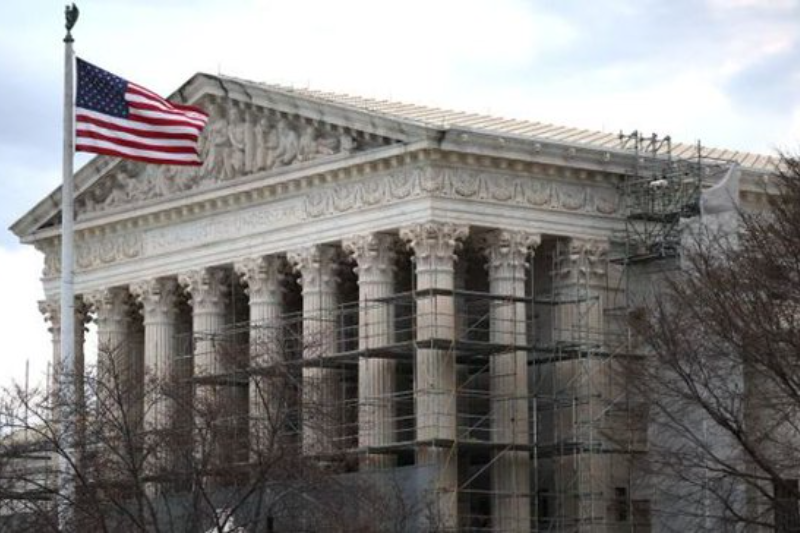
(C): This is Beirut – twitter
In a groundbreaking ruling, the 8th U.S. Circuit Court of Appeals ruled a private party may no longer sue under Section 2 of the Voting Rights Act (VRA), an important provision that has been used since 1982 to challenge election laws that are discriminatory based on race. The ruling, which was 2-1 from a panel based in St. Louis, spans across seven Midwestern states: Arkansas, Iowa, Minnesota, Missouri, Nebraska, North Dakota and South Dakota.
The court overturned a lower court’s ruling that found that North Dakota’s 2021 redistricting plan unlawfully diluted Native Americans’ voting strength. Civil rights groups caution that the ruling will further diminish the capacity for voters in these states to challenge discriminatory voting practices.
A blow to Private Enforcement of Voting Rights
After the passage of the VRA in 1965, almost all enforcement actions have been initiated by private parties, not the DOJ. The appeals court decided that neither the VRA, nor the Section 1983 civil rights statute from 1871, empowers individuals to sue. Judge Raymond Gruender, writing for the majority, claimed that Congress did not explicitly allow such private enforcement.
Chief Judge Steve Colloton stated in dissent that more than 400 court opinions since 1982 have upheld private actions under Section 2. “The majority holds that all 400-plus cases should have been dismissed,” he wrote.
Critics point out the decision leaves enforcement entirely to the DOJ, which is shrinking its civil rights division as the political party in power shifts. Mark Gaber with the Campaign Legal Center called the decision “radical,” noting immediate harm to Native American voters in North Dakota.
The plaintiffs can decide to apply to the full 8th Circuit or the U.S. Supreme Court. If the ruling is sustained, it could end private enforcement of the VRA across the country.







